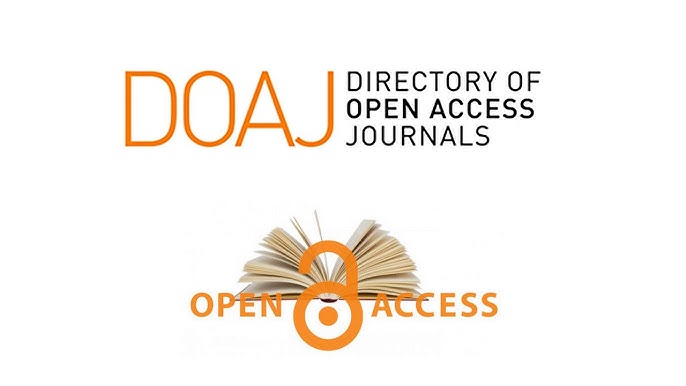The Pillars of Iranian Strategic Thought and their Implications for its Regional Performance
Abstract
The research aims to identify the soft and hard power pillars that represent the foundations of Iranian strategic thought and through which the Iranian strategy moves to manage its regional interactions, especially towards the Middle East region, and the extent of the impact of political, religious and sectarian doctrines on Iran's strategic performance regionally. The importance of the research stems from the prominence of Iranian strategic thought and the exploration of the soft and hard power pillars on which it is based which are employed in Iran's strategic performance. In addition to the introduction, conclusion, and conclusions, the research was divided into two main themes. The first theme included the soft power pillars in Iranian strategic thought and their implications for its regional performance. The second axis involved the pillars of hard power in Iranian strategic thought and their implications for its regional performance. The research came to several conclusions, the most important of which is that Iran's regional interventions remained hostage to their perceptions of their roles in turning regional equations. Iran's strategic performance of its roles in the Middle East is highly dependent on its perception of its role as a regional actor with some elements of leadership.



